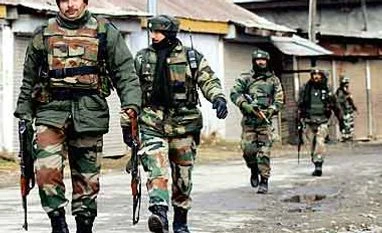The source of that argument, as Business Standard now learns, is a letter from the military’s top doctor, complaining to the defence secretary that senior generals misuse their position and influence to “be placed in low medical classification few months before their superannuation”.
Lieutenant General B K Chopra, the Director General Armed Forces Medical Services (DGAFMS), who retired in June, wrote in a demi-official letter to then Defence Secretary Radha Krishna Mathur, that “Disability Pensions have become an easy & attractive source of tax-free supplementary income” for senior officers.
More From This Section
He goes on to suggest, “that tax exemption related to disability pension should also be removed”.
The 7th CPC, noting this trend, recommends that disability pensions be calculated through a “slab system” that effectively lowers benefits for most pensioners, including officers, junior commissioned officers (JCOs) and other ranks (ORs).
Chopra confirms to Business Standard that he wrote that letter on December 16, 2014. He states it was his intention to reduce the pressure from generals on his doctors, not to strip away disability benefits from lower ranks, as has happened after the government implemented the pay commission recommendations.
“I never questioned the payment of disability benefits to lower ranks and soldiers. They are not in a position to influence the medical boards anyway”, he says, referring to the bodies that categorise the level of disabilities in patients.
The DGAFMS’ letter suggests that medical boards of senior officers be held in facilities located away from where they are exercising command, in order to minimise unfair influence.
Chopra told Business Standard his letter was circulated by the defence ministry to the three service chiefs for comments and suggestions, but they ruled out changing the system of medical boards.
The government is learned to be considering ways of tightening up medical boards for senior military officers, including by holding them in reputed civil hospitals rather than in military facilities.
)